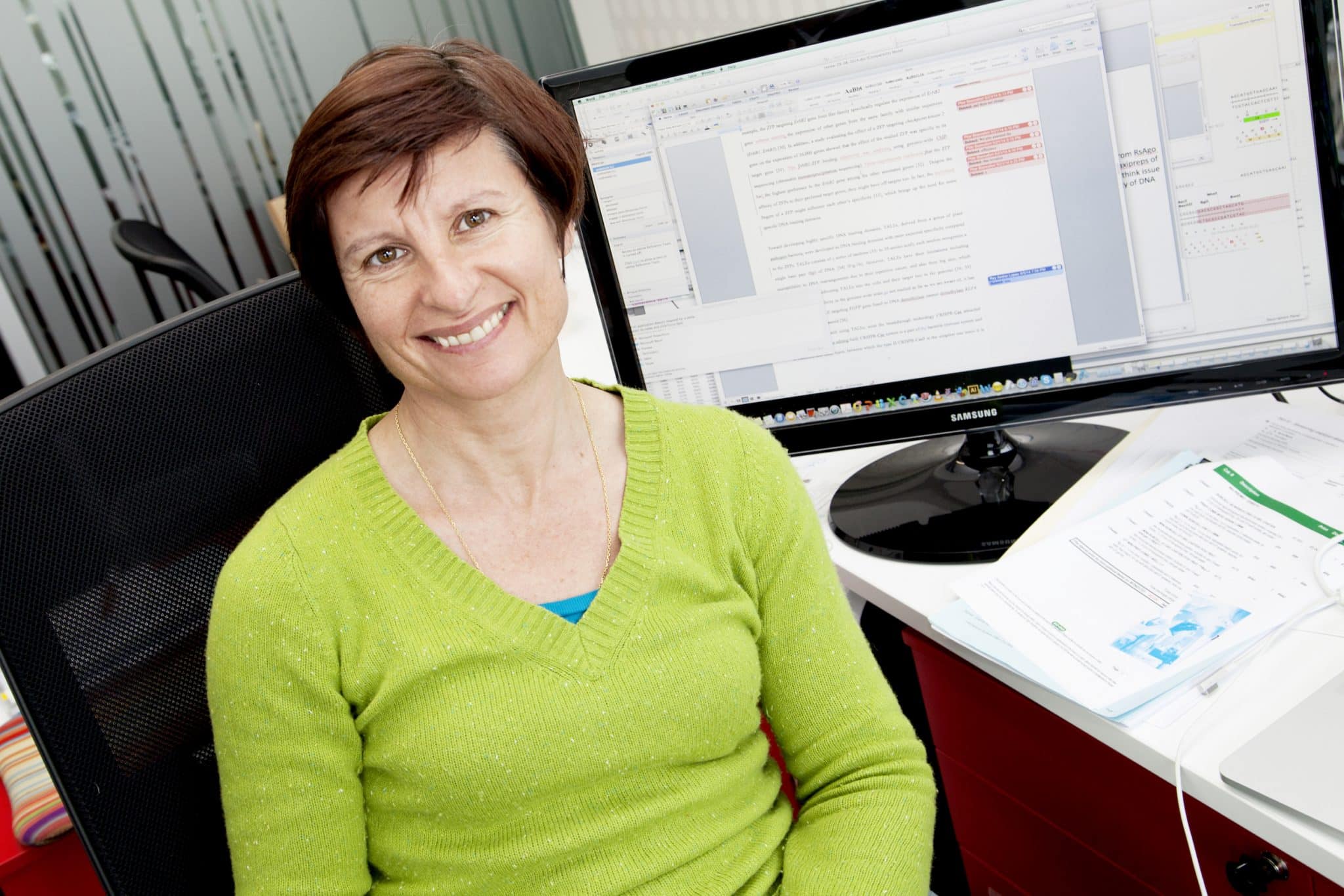
Project led by Associate Professor Pilar Blancafort will be co-funded by an $890,000 investment from Cure Brain Cancer Foundation and National Breast Cancer Foundation.
Top researchers from the fields of breast and brain cancer will collaborate to find better treatment options for both diseases over the next four years thanks to an $890,000 co-investment from National Breast Cancer Foundation and Cure Brain Cancer Foundation. This is the only grant being provided in Australia which allows for collaboration between these fields.
This significant investment has been awarded to a cutting-edge research project led by Associate Professor Pilar Blancafort and brain oncologist Professor Anna Nowak at the Harry Perkins Institute of Medical Research.
About Assoc Prof Blancafort’s project
Working with collaborators across the country, Assoc Prof Blancafort and Prof Nowak will utilise an emerging technology that allows scientists to control the expression of particular genes in a cell. Certain genes in the tumour enable the cancer to repair the DNA after specific chemotherapies and in response to radiation. By turning off these genes, the cancer cell is not able to repair the DNA lesions, forcing the cancer to die in a programmed manner (known as “cancer cell suicide”).
CRISPR-dCas9 is a breakthrough technology that allows scientists to precisely control which genes are expressed in a cell. When genes responsible for cellular repair are turned off or ‘silenced’ by this technology, cancer cells become extremely sensitive to chemotherapy and radiation, leading to a more effective treatment. The research team will use specialised nanoparticles developed by Prof. KS Iyer at the School of molecular sciences at UWA to deliver newly identified CRISPR-dCas9 therapeutics directly to cancer cells to switch these cellular repair genes “off”.
“The CRISPRdCas9 molecules we have developed will be packed in novel non-toxic nanoparticles engineered to home in on the tumour, because they are targeted to a protein which is highly present on the cancer cell’s surface,” Assoc Prof Pilar Blancafort says. “These nanoparticles will be optimised to cross the blood-brain-barrier, which is one of the main obstacles in developing effective new treatments for cancer in the brain.”
Assoc Prof Blancafort will lead the study alongside brain oncologist Professor Anna Nowak.
Why Cure Brain Cancer Foundation offered this funding
Decades of investment in world-class research has seen five-year survival rates in breast cancer increase dramatically from 76% to the current rate of 91%, but brain cancer has stagnated at around 20% for more than 30 years. The poor prognosis for brain cancer patients is something many breast cancer patients are all too familiar with. The brain is one of the main sites for breast cancer metastasis, and once the disease has spread to the brain, treatment options are also very limited.
Dr Vanessa Yenson (PhD), Research Operations Manager at Cure Brain Cancer Foundation said, “As a Foundation, we often talk about the need for researchers to collaborate and resist working in siloes to expedite breakthroughs. I’m proud that we can practice what we preach by collaborating with National Breast Cancer Foundation to fund this innovative research, which will benefit both brain and breast cancer patients in the future”.
This is just one of a number of grants we are funding to help find a cure for these diseases. This funding will benefit both brain and breast cancer patients in Australia and we are proud to work with National Breast Cancer Foundation to expedite breakthroughs for both patient populations.
